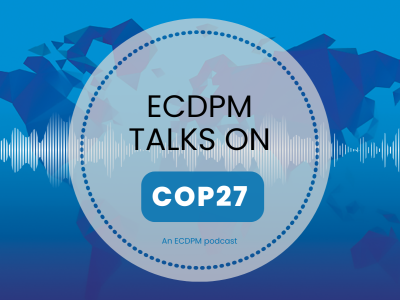
What would it take to make an EPA economically and politically feasible for Europe and Africa? Elements for consideration ahead of the Africa-EU Summit of April 2014
Almost eleven years after the start of the negotiations, only a handful of African, Caribbean and Pacific (ACP) countries have concluded an economic partnership agreement (EPA) with the European Union (EU). Only the Caribbean region has signed a comprehensive regional EPA. For the other regions, negotiations have continued in a slow and protracted way, with significant key challenges and points of contention still to be addressed. The approaching deadline of 1st October 2014 does not mean the end of EPA negotiations. It means the end of EPA preferences for countries that do not implement (that is conclude, sign and ratify) the EPAs before that date. While negotiations are dominated by technical considerations, solutions on the way forward will ultimately require a more political approach that will have to preserve the political and economic interests and objectives of the EU and ACP alike, so as to strengthen rather than undermine their strategic relationship. In doing so, considerations related to development objectives, geostrategic interests, regional integration integrity and World Trade Organization (WTO)-compatibility would have to prevail. That is all the more important in view of the Africa-EU Summit of April 2014.



